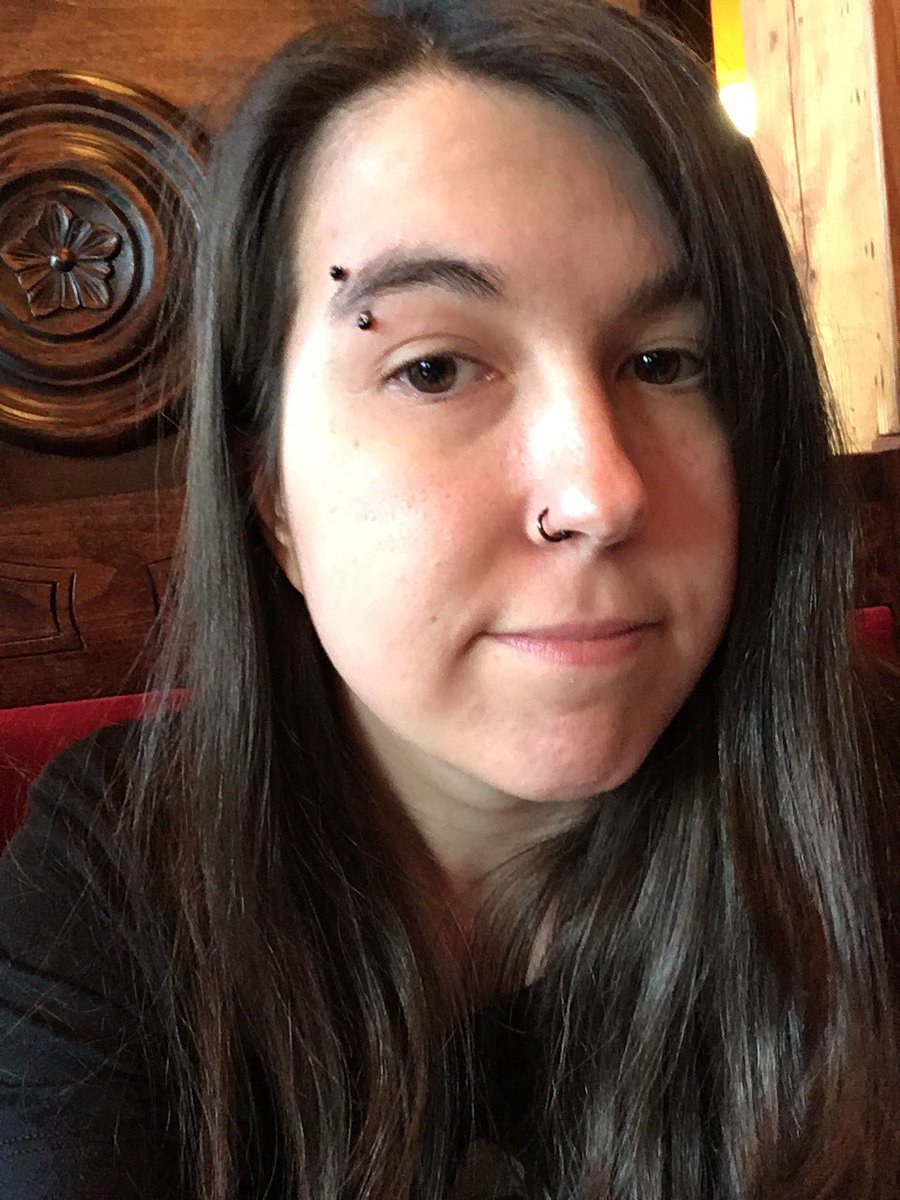Eddie-Griffin
Banned
FOR ASHLEY JOHNSON, the chance to be a voice actor in the post-apocalyptic video game The Last of Us Part II was both a risk and irresistible. It was her first gig as a video-game protagonist, as her character, Ellie, moved up from a supporting role. But Part II wasn’t a paint-by-numbers sequel: It killed off a beloved character; it featured a lesbian lead on its cover; and it subverted the dynamic of the original, which followed a white man as he protected a young girl from danger. As Johnson awaited the game’s release in June 2020, she knew it wouldn’t be for everyone, but she was “shocked,” she says, by what happened next.
A contingent of gamers, angered by a lesbian lead character and the game’s progressive politics, not only protested The Last of Us Part II, they sought to punish the people who made it. Johnson, who is for the first time opening up about the abuse she endured, says her Twitter DMs were flooded with threats of violence, including a user telling her he’d “rape her straight.” They doctored images to make it look like she’d posted vulgar content online. And they superimposed her face and those of others who’d worked on the game onto images of characters being sexually violated or even beaten to death with a golf club.
“Some of the shit I was reading, I was like, ‘I cannot believe someone sat behind their computer and put their fingers on the keyboard, and that’s what they chose to write,’” Johnson says. “This hatred and anger, and being on the other end of that, for something I cared so deeply about, was hard.”
Johnson’s co-workers faced similar abuse. Studio president Neil Druckmann, who is Jewish, was hit with a wave of antisemitism and threats to his safety on social media. The most horrific abuse, Johnson says, was directed at Laura Bailey, her co-star and the voice of another lead character, Abby Anderson. Users were upset that Abby, a woman in a world full of human-eating monsters, has a muscular physique, and turned her character into a transphobic meme.
The Last of Us Part II saga is not surprising, sadly. For more than a decade, as women, people of color, and members of the LGBTQ+ community have fought for representation in the space, they’ve been met with backlash from a group of gamers, mostly men, who prefer it remain exclusive. The conflict hit its apex with 2014’s Gamergate, a mass harassment campaign against female video-game critics and developers.
Today, it’s clear the abusers have failed. For all the cruelty they unleashed on its makers, they couldn’t keep The Last of Us Part II down — the game was a massive commercial success and won Game of the Year at the 2020 Game Awards, as well as honors at the Golden Joystick Awards, the British Academy Games Awards, and more. And while members of marginalized communities continue to face abuse online, it hasn’t stopped them from making the gaming world — its developers, characters, executives, and audience — more diverse than ever.
If many men today act like video games belong to them and them alone, it’s because they grew up with a video-game industry that told them exactly that. “Hit Her Game Spot,” reads a 2004 headline in Electronic Gaming Monthly for a piece about how to manipulate “your girlfriend” into playing video games. The article includes six strategies and a backup: “If all fails and she refuses to touch your joypad, the least you can do is feed her some lines the next time you’re geeking out with your gaming pals.”
The article is typical of an era when near-naked women were the norm in video-game advertising, and Kotaku managing editor Carolyn Petit, a video-game critic for more than a decade, says that bygone messaging is still driving harassment. “Everything in the gaming space sent a message very intentionally to young straight men that games are for you,” Petit says, “and they’re here to fulfill your every power fantasy.”
But a decade ago, the industry started to realize it was losing out by pushing away more than half of humanity. More games featured prominent female characters, and offscreen, female critics were gaining prominence as they pointed out sexism in popular games and gaming culture.
Then came Gamergate, when what began as an unfounded attack on a female video-game developer metastasized into an all-out assault on female writers and developers. After an initial explosion of attention, Gamergate left the headlines, but for women, people of color, and LGBTQ+ individuals in gaming, the harassment never went away.
There's more, but this is basically a long hit piece against men brining up things like an old EGM ad from 2004 as some evidence of a grander thing instead of just demographic marketing of the time.
I feel like there are just some people that can't be on the internet, specifically because they can't handle it in any form, even with miniscule things as those are turned upside down into bigger deals than they actually are. I don't support harassment or anything and that should be addressed in the gaming space when it pos up, but some of the liberties taken here is rather bizarre.







